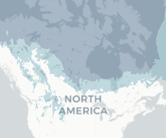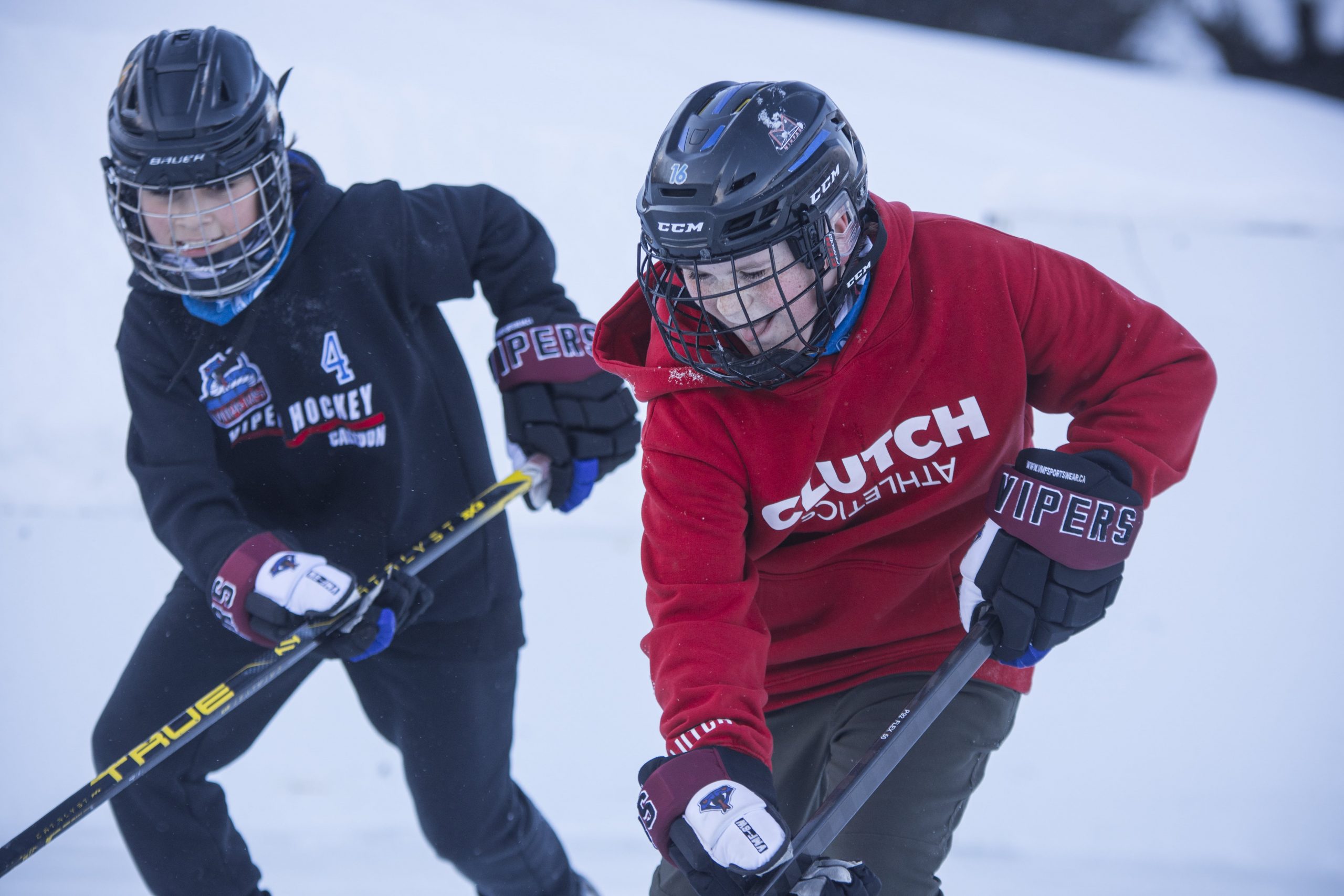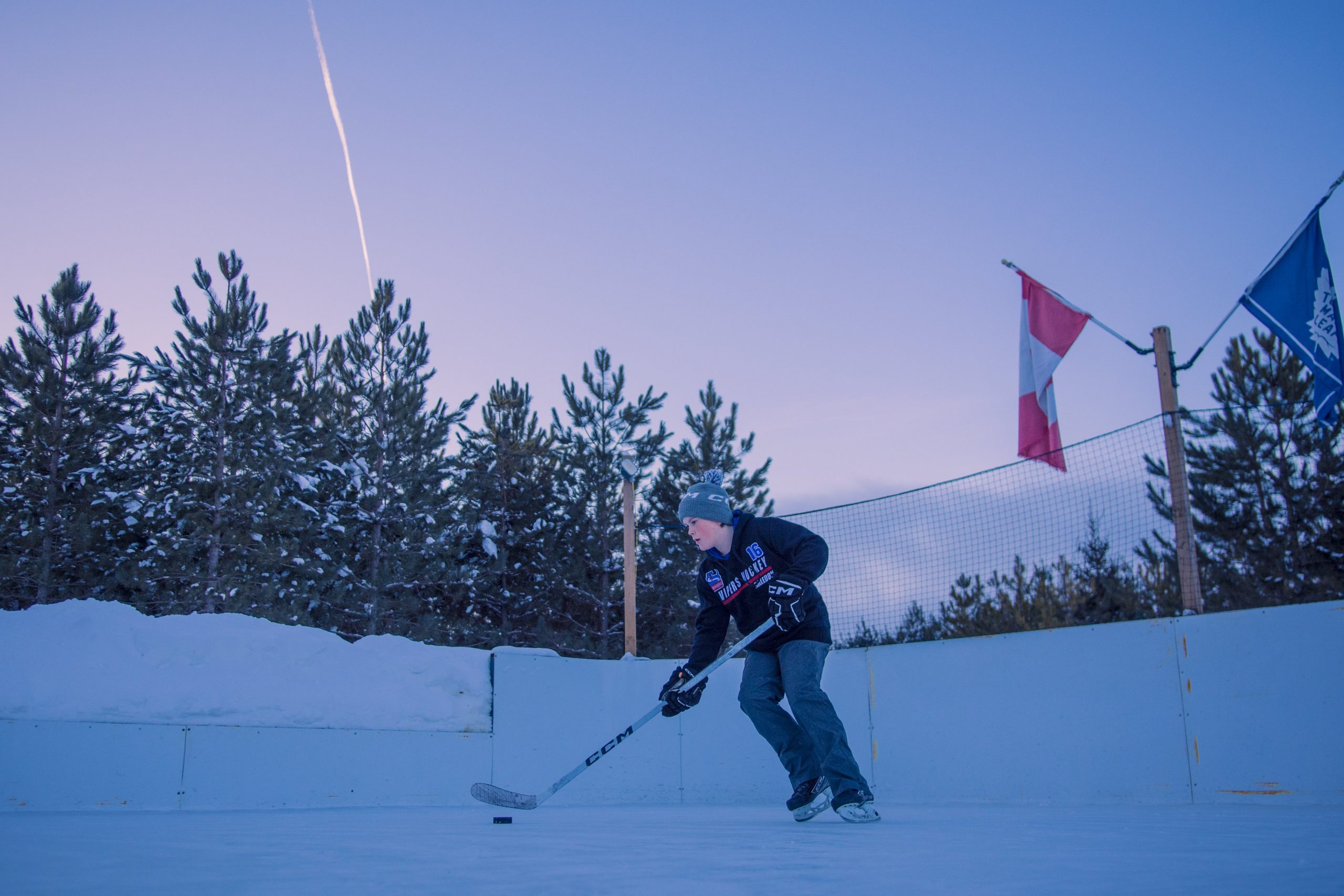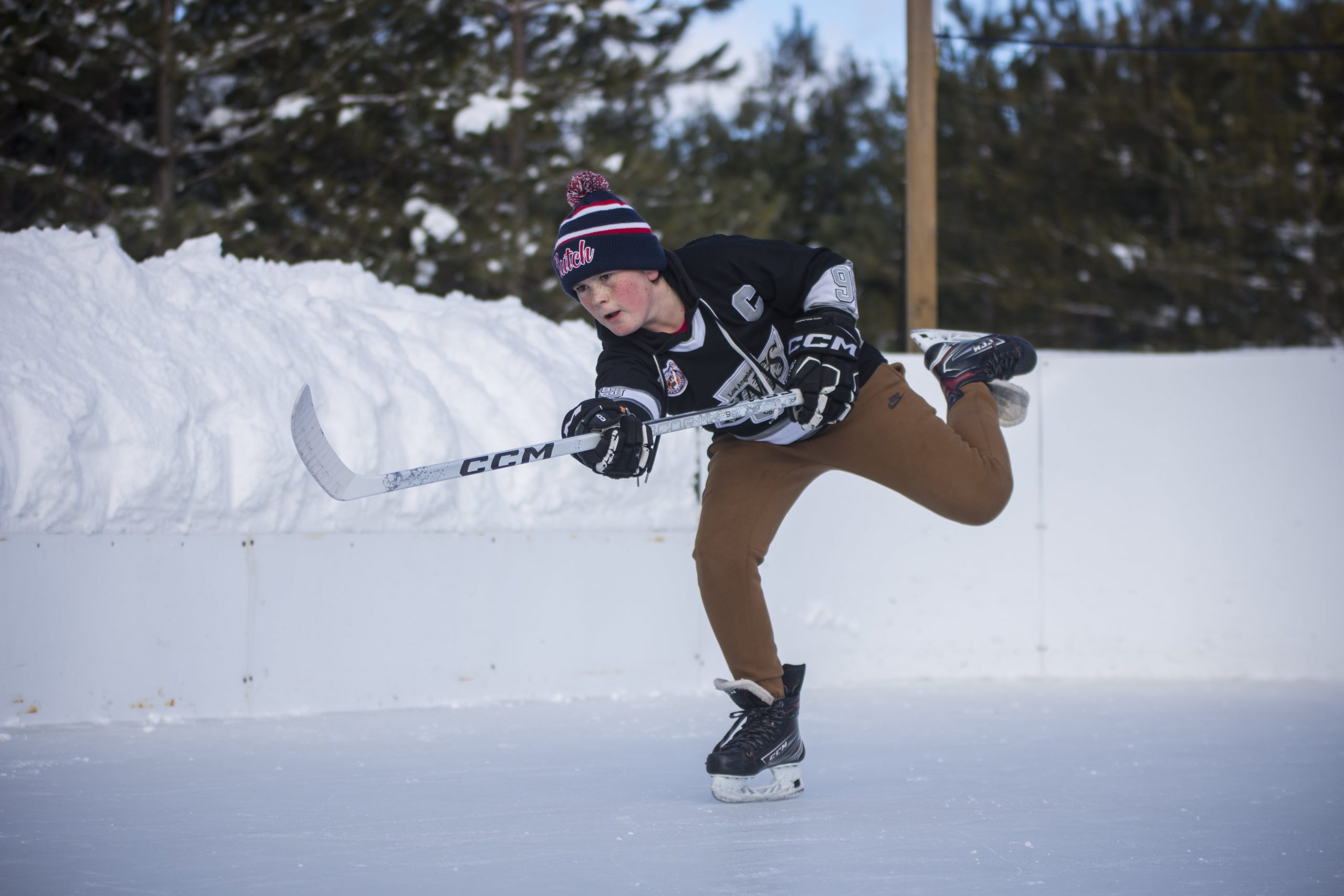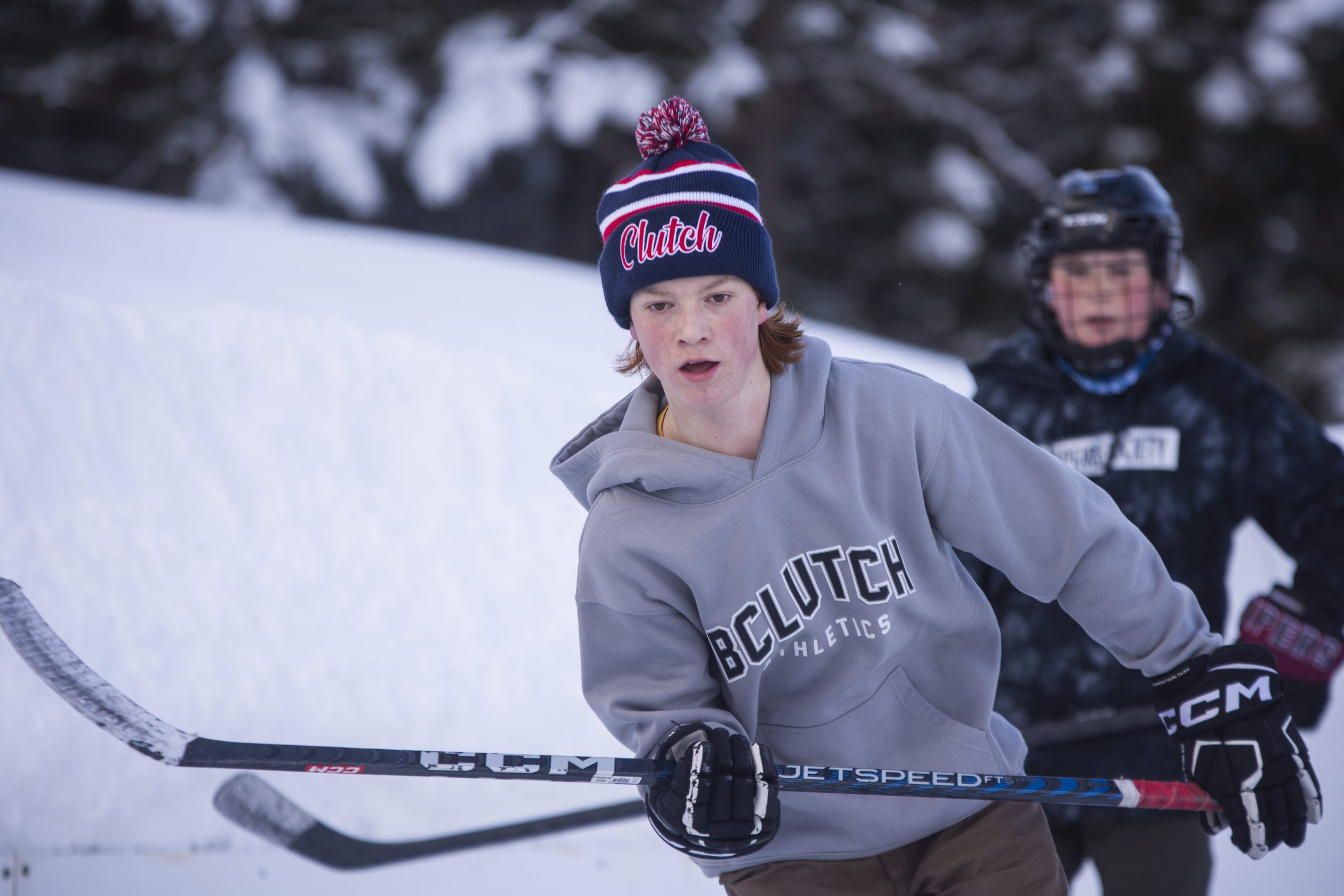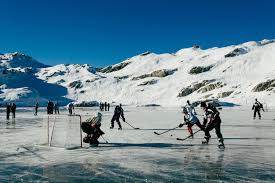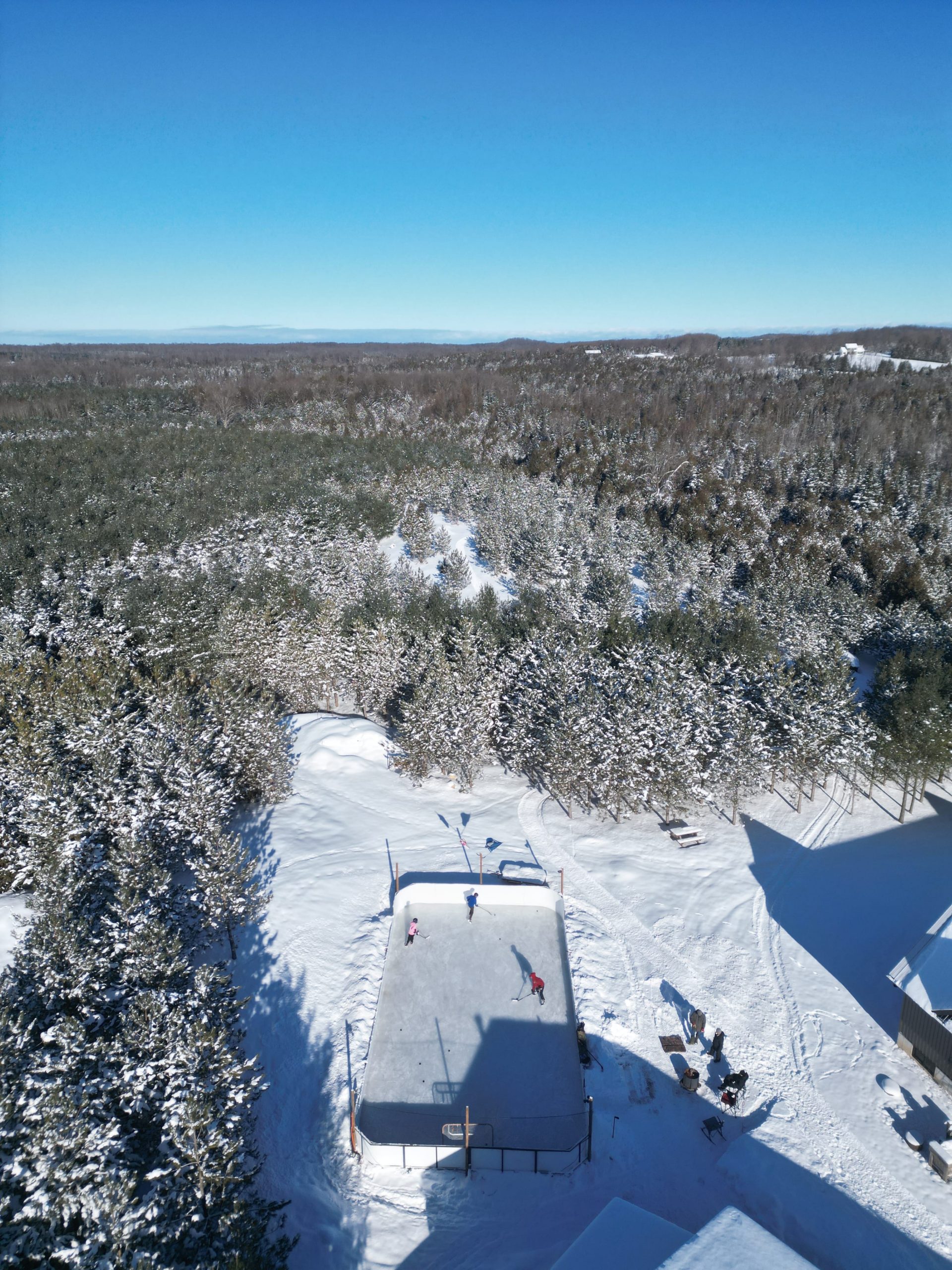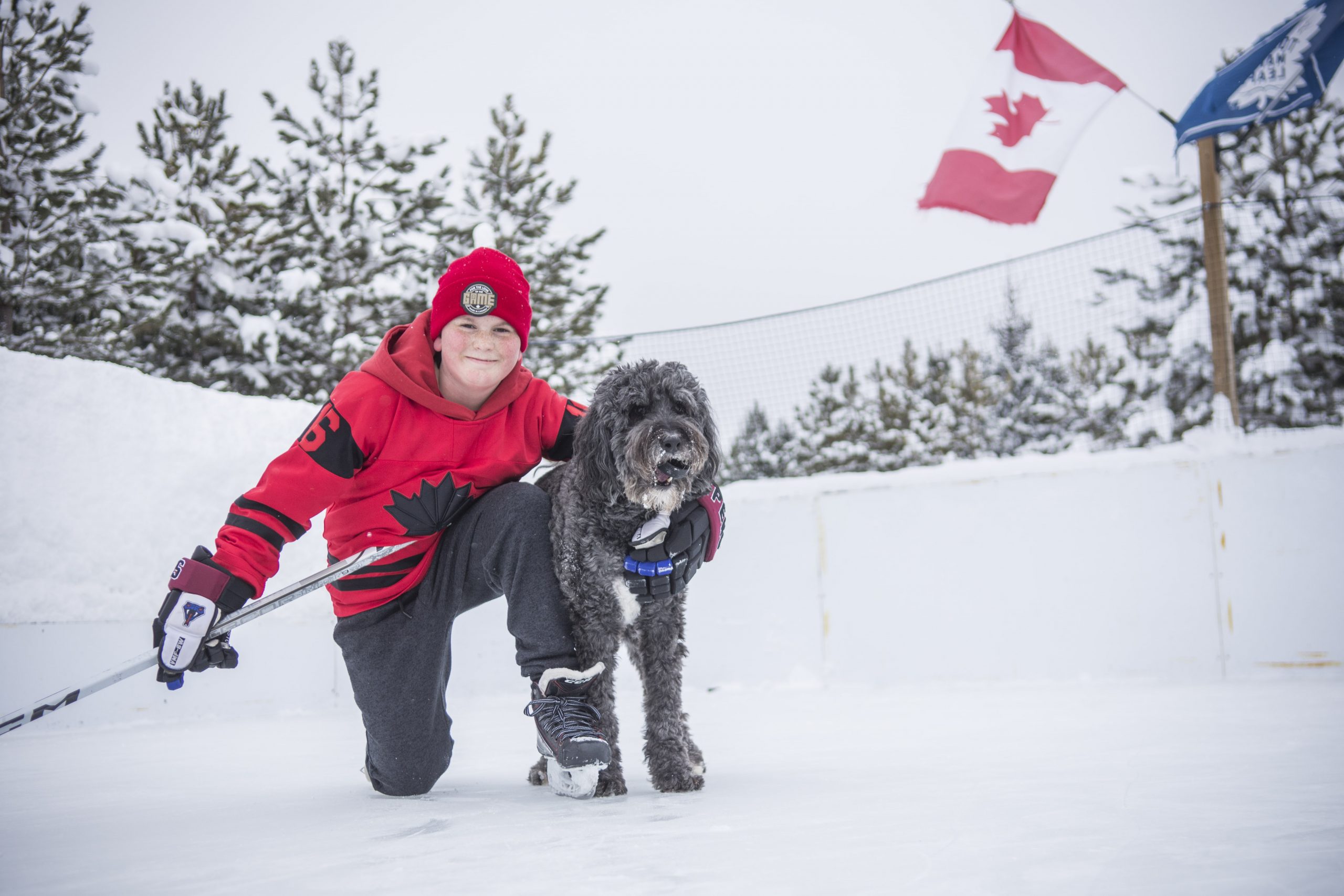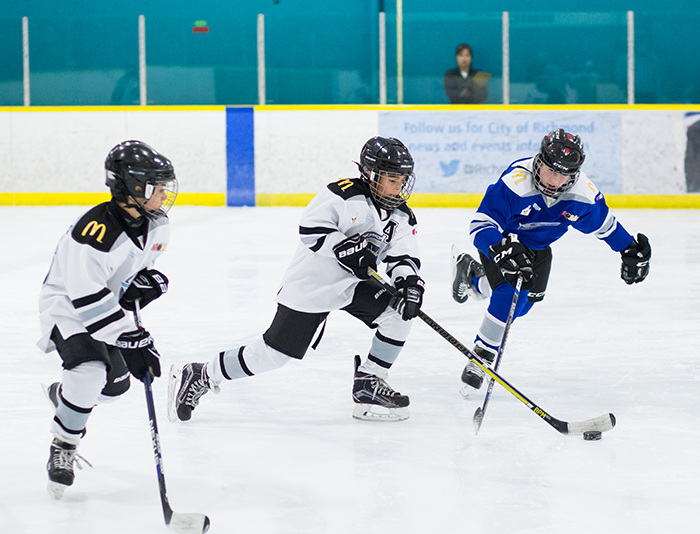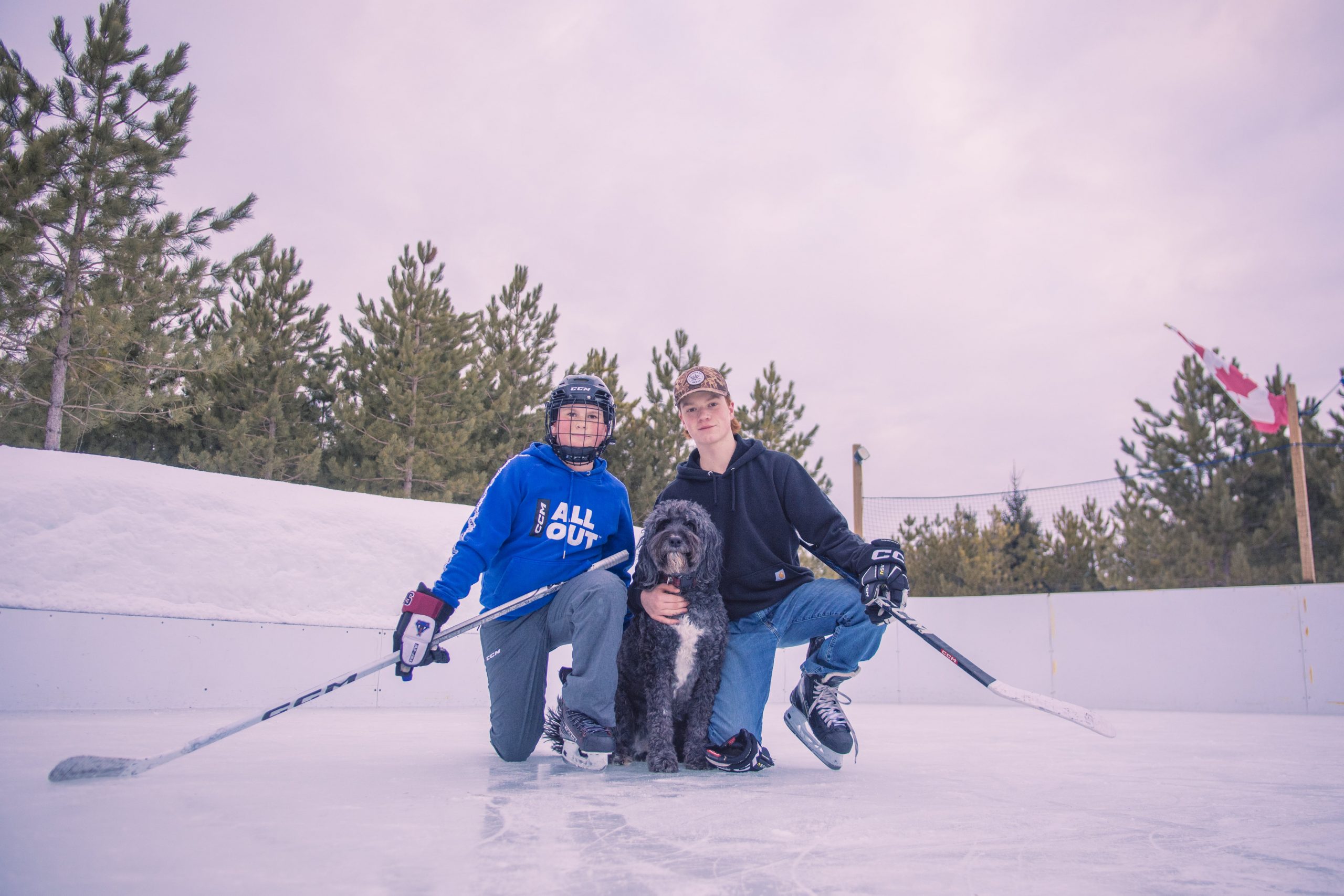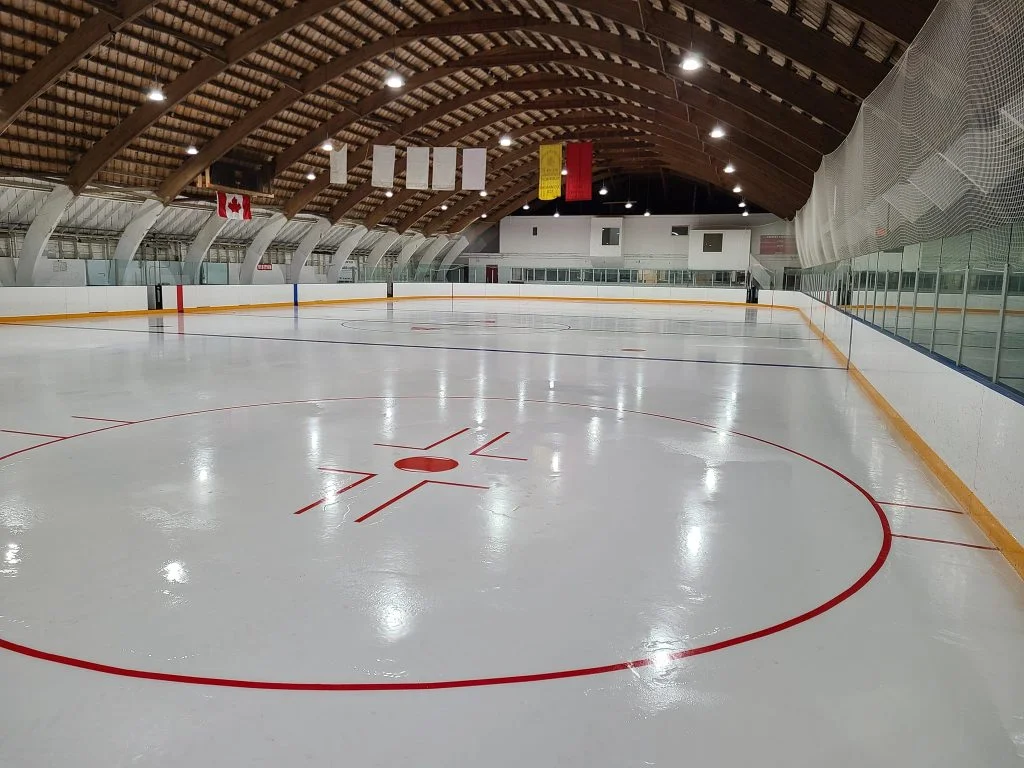What’s New at RinkWatch
🏒 RinkWatch featured on NHL Green
RinkWatch was featured on the NHL Green website in April 2025, highlighting our many years of experience tracking skating conditions on outdoor rinks.
Read Full Story →📊 Winter 2024-25 Annual Report
Dive into our comprehensive report on the 2024-25 North American skating season, compiled from data submitted by our dedicated network of volunteer rink Sentinels.
Download Report →What is RinkWatch?
RinkWatch is a groundbreaking citizen science research initiative that brings together outdoor skating enthusiasts and environmental scientists to monitor winter weather conditions and study the long-term impacts of climate change.
Launched by researchers at Wilfrid Laurier University in January 2013, our community has grown to include participants from across North America who have submitted invaluable data on more than 1,400 outdoor rinks and ponds.
Beyond contributing to vital environmental research, RinkWatch has evolved into a vibrant online community for people passionate about creating and maintaining backyard and community rinks.
Meets
Winter Sports
How Does It Work?
Sign Up
Join our community with just an email address – no personal information required and completely free. We respect your privacy.
Pin Your Rink
Using our interactive map, pin your rink’s location and include a description and a photo.
Report Conditions
Throughout the winter, regularly update skating conditions on your rink using our simple data entry system.
Join the rinkmaking community
Follow us on social media and interact with other RinkWatch participants.
Your Impact on Science
The data you contribute helps researchers at Laurier University track the relationship between temperatures and skating activity, monitor local winter weather patterns, and project future impacts of climate change on outdoor winter activities.
Information from our first two winters was used to generate forecasts of outdoor skating conditions until the end of the 21st century, published in peer-reviewed scholarly journals. Each winter, we gather more insights into the social and cultural importance of outdoor skating.
“RinkWatch members’ surveys revealed that backyard rinks are vital community spaces where friends and neighbors socialize, have fun, and stay fit through dark winter months.”
Join Our Mission
Help us prevent rinklessness and protect outdoor skating for future generations
Get Started Today🏒 5-Day Rink-Making Forecast
Optimal conditions for building and maintaining outdoor rinks
💡 Tip: Best rink-making happens when temperatures stay below -5°C for 48+ hours

